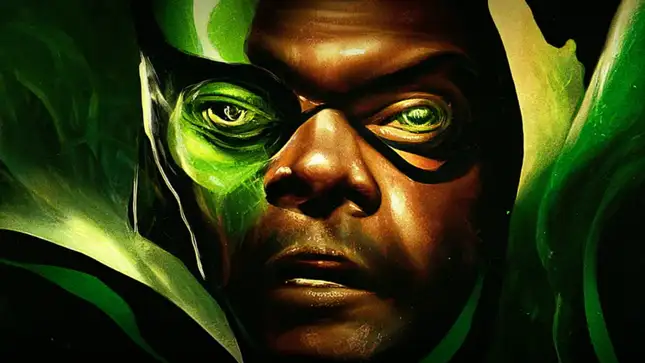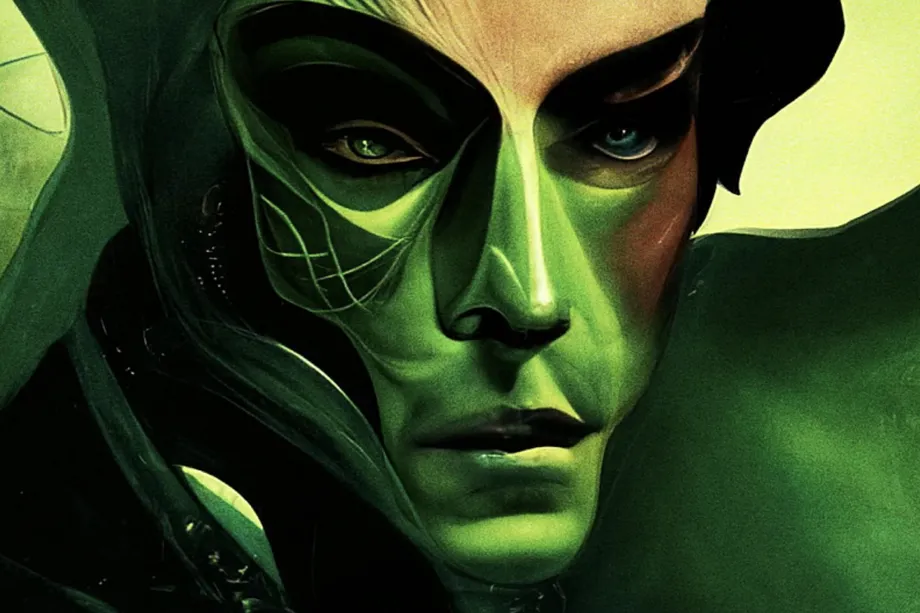By generating its opening sequence using artificial intelligence (AI), Marvel’s most recent TV miniseries, “Secret Invasion,” has generated controversy. The Skrulls, a shape-shifting alien race that invades Earth in the series, appear to have given animators a bad taste.
The revelation came from the show’s director, Ali Selim, who proudly announced that the woozy-looking opening credits were created using AI technology by Method Studios. Selim admitted to not fully understanding the workings of the technology but explained that they provided ideas and themes to the AI vendors, which then generated the sequence. The intro’s slow-motion animations, with distorted and ambiguous faces, hinted at its AI origin even before Selim’s confirmation.

However, the news triggered a wave of criticism on social media, where Marvel faced demands to “do better.” Many users expressed disappointment and labeled the intro as “green alien dogsh*t.” The use of AI in entertainment has become a contentious topic, with artists concerned about the threat it poses to their livelihoods. The ongoing Writers’ Guild of America strike has even included demands for protection against the misuse of AI in screenwriting.
This development follows Marvel director Joe Russo’s prediction earlier this year that fully AI-generated movies could appear within two years. The trend raises concerns among artists within the Marvel ecosystem, as it adds to the existing challenges they face. Animators and visual effects artists have already voiced their dissatisfaction with harsh working conditions, and the increasing reliance on AI may exacerbate their struggles.

The controversy surrounding the use of AI in entertainment extends beyond Marvel. Artists have criticized companies like Stable Diffusion for training AI models on their art without permission or fair compensation. The fear is that AI-generated content could eventually replace human creativity and craftsmanship, leaving artists marginalized in the industry.
While the integration of AI and entertainment offers exciting possibilities, it is crucial to address the ethical implications and ensure that artists are adequately protected and compensated. Striking a balance between technological advancements and human creativity is vital to avoid further strain on the already challenging landscape for artists in the entertainment industry.


